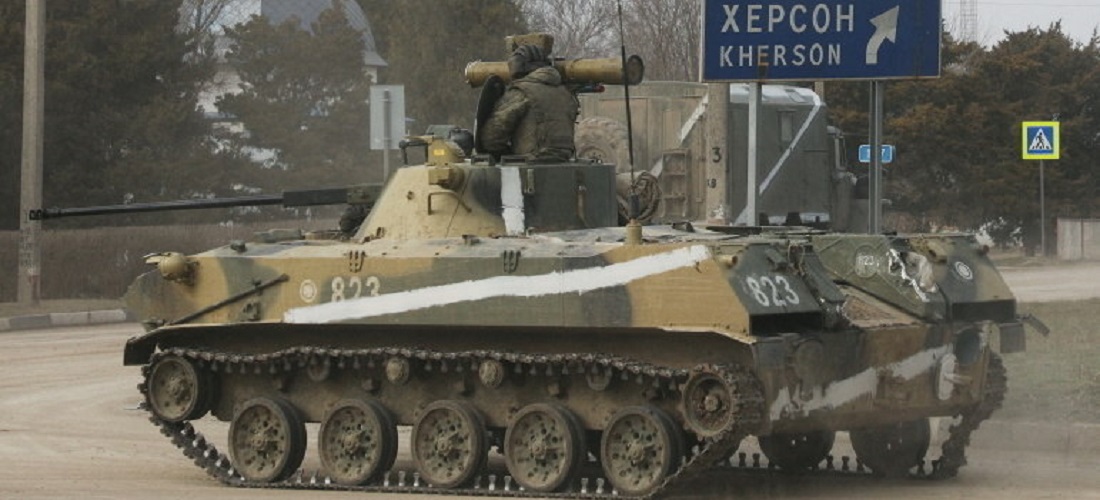
War is likely to keep commodity prices high
Mar, 02, 2022 Posted by Gabriel MalheirosWeek 202209
Since last Thursday, when Russia launched an aggressive campaign against Ukraine, the international price of oil, iron ore, and certain commodities has been steadily rising. For example, the price of a barrel of Brent oil, a global benchmark, has nearly surpassed $100. The price increase continued into March 1, with the barrel price rising 7.14% to US$ 104.97, a level not seen since 2014. On the 2nd, the commodity’s price reached US$ 110.
Iron ore was down last month but has since recovered. On the other hand, Metals set new highs at the end of February. On March 2, all commodities kept up their fast pace.
According to Commerzbank, “the international community is considering a strategic reserve release to prevent price increases.” In addition, the International Energy Agency (IEA) said that it would release 60 million barrels from its member countries’ reserves.
The focus now shifts to the Organization of Petroleum Exporting Countries and its allies (OPEC+) conference. If the organization decides to release more barrels into the market to compensate for any Russian disruption, the price surge may be tempered.
As a result, the market is expected to remain tight in the coming months. As the war in Ukraine worsened, Goldman Sachs raised its short-term projection for the price of Brent from $95 to $115. According to the Norwegian firm Rystad Energy, crude oil prices might reach US$ 130 per barrel, “squeezing” customers.
“Except for a breakthrough in peace talks, we believe commodity prices will rise sharply,” Goldman said. “We see demand destruction now as the only significant remaining [market] balancing mechanisms, especially given that Russia is a major exporter of most commodities that already face extremely tight inventory levels and low spare production capacity.”
The invasion of Ukraine adds to the uncertainty in the oil market about the ability of the Organization of Petroleum Exporting Countries (OPEC) and its allies to monitor the rising global demand.
Exporters traded Brent oil at an average price of US$91.96 per barrel in February. In the month, the cumulative appreciation was 9.7%. However, the market was set off by escalating geopolitical tensions, culminating in Russia’s de facto invasion of Ukraine. Brent reached a high of US$ 105 during the trading session on the 24th after the Russian military offensive began before prices gave the green light to the US to release oil reserves to slow the commodity’s rising prices. The month of February came to a close on February 28with the barrel trading at US$ 97.97.
The market is concerned that Western sanctions against Russia will intensify, resulting in a reduction in oil purchases. Carlos Pascual, vice president of IHS Markit and former US ambassador to Ukraine, believes that a decline in Russian exports would be detrimental to the market’s balance. In total, Russia exported 7.5 million barrels of oil and oil products per day in 2021. “We’re going into uncharted territory in terms of impacts if we take that out of the market,” he said.
A complete cut in Russian oil shipments, according to IHS, would hardly be offset by increased supplies from other producers. Currently, the consultancy estimates a potential for an increase in production of 3.5 million barrels/day by other countries, mainly Saudi Arabia and the United Arab Emirates.
Wood Mackenzie’s head of oil exploration and production research in Latin America, Marcelo de Assis, says that as harsh as the sanctions appear, they should not take Russian oil off the market significantly, as is the case with blockades to Iran and Venezuela. He predicts, however, that given the uncertainties, the barrel price should stabilize at $100.
The market closely follows the unfolding of economic punishments against Russia. At first, Western powers avoided sanctions on Russian exports in the oil and gas sector. Indirectly, however, the decision by the US and the European Union to withdraw Russian banks from the international Swift payments system could impact oil flows.
Russian oil buyers, for example, are already having trouble obtaining guarantees from Western banks and finding ships to transport Russian oil. According to Rystad, the conflict in Eastern Europe puts up to 1 million barrels per day transiting through Ukraine and the Black Sea in jeopardy right away.
Source:Valor Econômico
To read the full original article please read:
https://valor.globo.com/empresas/noticia/2022/03/02/guerra-mantera-commodities-valorizadas.ghtml
-
Commodities
Apr, 24, 2023
0
Ranking of Commodities on the East Coast of South America
-
DW 2019 EN
May, 20, 2019
0
DatamarWeek 21 May 2019
-
Ports and Terminals
Nov, 01, 2024
0
Online Public Hearing on Port of Santos STS 08 Auction Set for November 6
-
Other Cargo
Oct, 19, 2023
0
Chinese demand surprises, driving new round of pulp price increases

